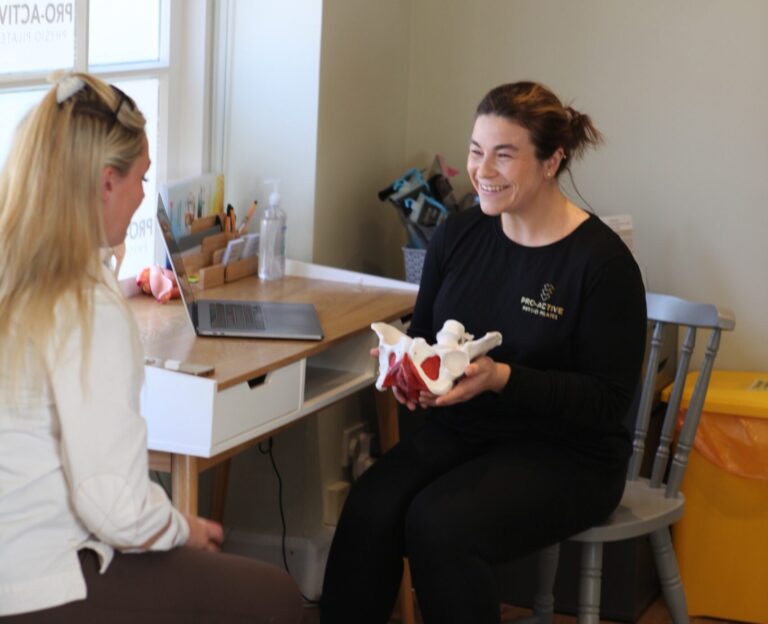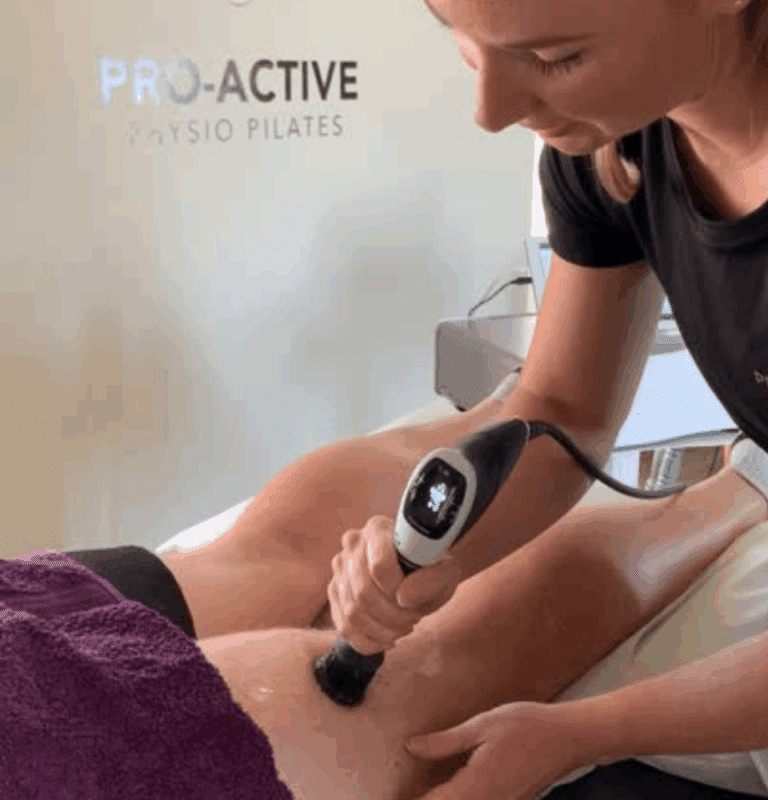What is a frozen Shoulder?
Frozen shoulder is a condition that leads to pain and stiffness of the shoulder. It’s also known as adhesive capsulitis or shoulder contracture.
The symptoms tend to gradually get worse over a number of months or years. You’ll typically experience shoulder pain for the first two to nine months, which can be severe, followed by increasing stiffness.
The stiffness may affect your ability to carry out everyday activities such as sleeping, driving, and generally activities involving the shoulder to work over 90 degrees. In particularly severe cases, you may not be able to move your shoulder at all.
The condition may improve with time, but this can sometimes take several years.
What causes a frozen shoulder?
Frozen shoulder occurs when the flexible tissue that surrounds the shoulder joint, known as the capsule, becomes inflamed and thickened. It’s not fully understood why this happens.
The following can increase your risk of developing a frozen shoulder:
- a previous shoulder injury or shoulder surger
- diabetes
- Dupuytren’s contracture – a condition where small lumps of thickened tissue form in the hands and fingers
- other health conditions, such as heart disease and stroke
It’s estimated that up to 1 in 20 people in the UK may be affected by a frozen shoulder at some point in their life. Most people who get frozen shoulder are between the ages of 40 and 60. The condition is more common in women than men.
How is a frozen shoulder treated?
The first treatment for a frozen shoulder is physiotherapy, this may be in conjunction with some anti-inflammatories too. Treatment is focused on regaining movement, stretching the tight capsule, and restoring function as well as reducing the pain through exercises and manipulation or massage.
Research suggests that a corticosteroid injection can also be of benefit in some cases in conjunction with physiotherapy. If these do not resolve the issue, there are some surgical options, which your physiotherapist can discuss with you.




